Not many inaugural ceremonies bring together dragons, dancers, rappers and a thirty-feet-high blue horse breathing steam out of its nostrils. But last Monday morning, as thousands gathered to watch the inauguration of Taiwan’s new president William Lai (Lai Ching-te), Taipei’s residents were treated to just that. And as Lai danced on the stage, he may well have been very happy. His inauguration ceremony, an eclectic display of Taiwanese culture, had gone off without a hitch.
Moreover, his inaugural speech, designed to outline a pragmatic foreign policy while developing new ideas to stimulate Taiwan’s economy, had elicited what felt like a relatively muted reaction from Beijing. Like his predecessor, Tsai Ing-wen, Lai committed to maintaining the status quo, promising to “neither yield nor provoke.”
At stake are a series of controversial laws that the more China-friendly opposition are trying to pass
But only three days later, China announced a series of surprise military exercises, described by Beijing’s spokesperson as a “punishment” for Lai’s “provocative statements.” Spread over Thursday and Friday, Chinese state media reported that the exercises included joint army, navy, air and rocket force drills in zones surrounding Taiwan. Exercises and patrols were also conducted around Taiwan’s outlying islands, which Taiwan’s former chief of general staff, Lee Hsi-ming, has suggested would be impossible to protect were China to invade.
However, while the exercises represent an escalation of recent cross-strait tensions, China stopped short of demonstrating the aggression it had shown in the summer of 2022, when a visit by former House speaker Nancy Pelosi triggered missile launches around Taiwan. Despite this, the operation’s codename, “Joint Sword-2024-A” has left some wondering whether there may be a 2024-B or even C still to come.
As well as allowing the Chinese military to increase its battlefield readiness, gather intelligence on Taipei’s response and wear down Taiwan’s military infrastructure, these drills also function as a signaling mechanism. As far back as 1995, China has used military exercises in the Taiwan Strait to communicate its positions. Firstly, to send signals to a domestic audience that the leadership is serious about its goal of unifying Taiwan with the mainland. Secondly, as a means of deterring the wider world, and importantly the US, from interfering in what Beijing views as its internal affairs. And thirdly, as a signal to Taiwanese leaders and residents not to pursue de jure independence from China.
On this last front, however, Beijing does not appear to have been successful. In fact, online searches for “military exercises” in Taiwan are surpassed by queries about a local celebrity currently mired in controversy by a factor of almost three. Google does not even register China’s military exercises in its top fifteen trending searches in Taiwan.
While almost 65 percent of Taiwanese are worried about war with China, for those who have grown up with Beijing’s ever-present threat looming, this fear is now just a part of daily life. Despite the Taiwanese military mobilizing elements of its forces to track the PLA’s actions, life in Taiwan has continued as normal.
Instead, in Taipei, a different drama is unfolding, which may present just as much of a challenge to the incoming Lai administration. Inside Taiwan’s parliament, a colonial-era Japanese building that sits in central Taipei, a surreal battle is playing out between William Lai’s governing Democratic Progressive Party (DPP), and the opposition parties that now control a majority in the legislature.
The once red carpeted floor is littered with colorful banners emblazoned with political slogans, and opposition legislators equipped with armor, bike helmets, elbow braces and protective gloves have encircled the speaker of the house, barricading the doors that surround him with chairs and sofas.
Facing them are a group of DPP legislators, that have repeatedly attempted to disrupt proceedings by storming and occupying the speaker’s chair. These spats have themselves spilt into physical fights. On Friday, a punch thrown by one government representative left an opposition legislator hospitalized, while videos circulating on social media last week showed another being pushed to fall onto his head from a height, as he scrambled to occupy the speaker’s chair.
At stake are a series of controversial laws that the more China-friendly opposition, the Kuomintang and the Taiwan People’s Party, are trying to pass. Among the new laws are clauses that would greatly increase parliament’s investigative power, allowing them to summon individuals to give testimony in front of legislators, with fines and prison time for those who fail to do so, or are found to have withheld information.
Also included are articles that would increase the level of oversight the legislature has over the government, and would force the president to answer questions in parliament, a move that some analysts describe as an unconstitutional undermining of Taiwan’s separation of powers.
The skirmish has also spread to the streets of Taipei, where Taiwanese civil society is out in full force. On Friday, roads surrounding parliament were blocked by throngs of protesters, who argued that the legislation is being passed without adequate scrutiny. For some, a local church became a base of operations, with priests drafted in from neighboring districts to direct the flow of people. A livestream of parliamentary proceedings was displayed inside the church hall, interrupted only by the evening’s sermon.
While government legislators made regular appearances, shouting encouragement to those demonstrating, not all protesters were in favor of Lai or the DPP. Of the 100,000-odd attendees, some have frustrations with both the opposition and Lai’s party. Moreover, a recent poll suggests that a majority of Taiwanese people actually support elements of the opposition’s proposed legislation.
Taken together, the developments unfolding in Lai’s first week in office highlight some of the problems that his administration will face moving forward. On the international front, Lai will have to continue dealing with a neighbor that is likely to keep increasing pressure on Taiwan. Domestically, while physical violence between legislators is not unprecedented in Taiwanese politics, it nevertheless draws attention to the polarization and deep divides that exist within Taiwan. Presidents in Taipei have rarely been forced to govern without a majority in the parliament, and we are already seeing the beginnings of what could be a more volatile and unstable parliament.
As the former mayor of Tainan, a large city in the south of the island, and as Taiwan’s vice president for the last four years, William Lai has had time to develop his political instincts and prepare himself for office. Whether these skills are enough is yet to be seen. What remains clear is that both domestically and internationally, Lai’s new administration faces a bumpy road ahead.
This article was originally published on The Spectator’s UK website.



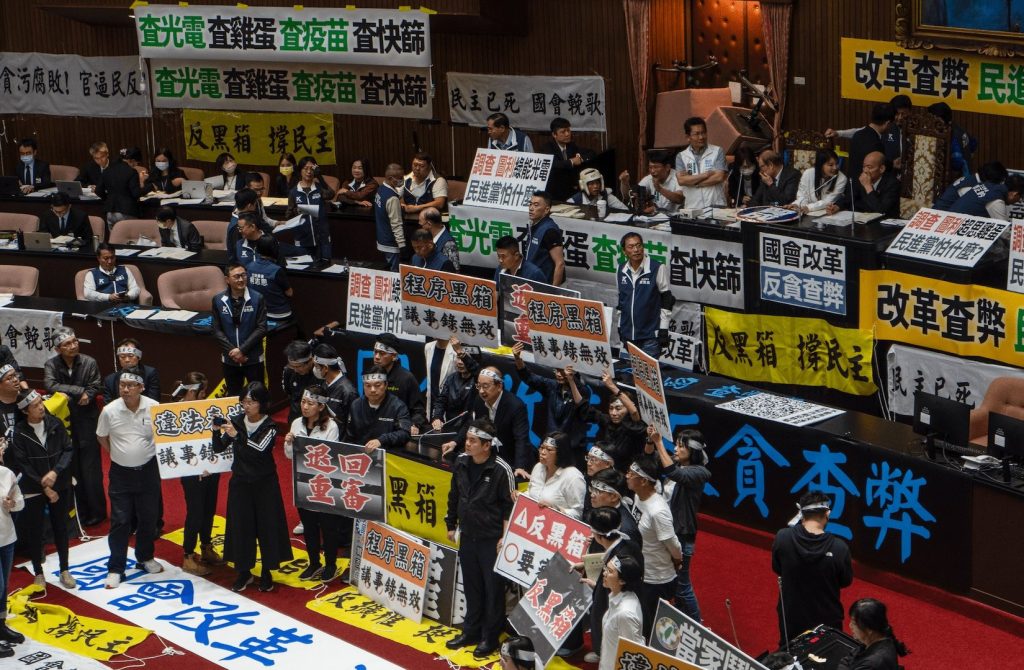






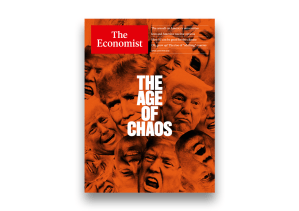
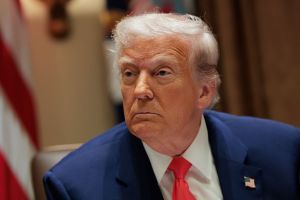

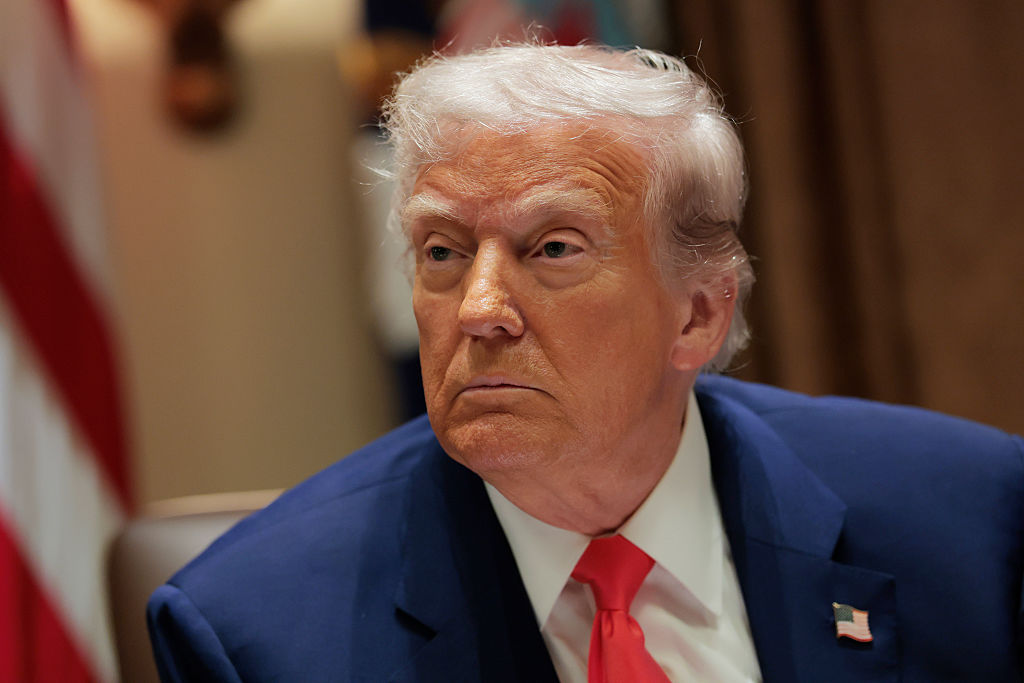
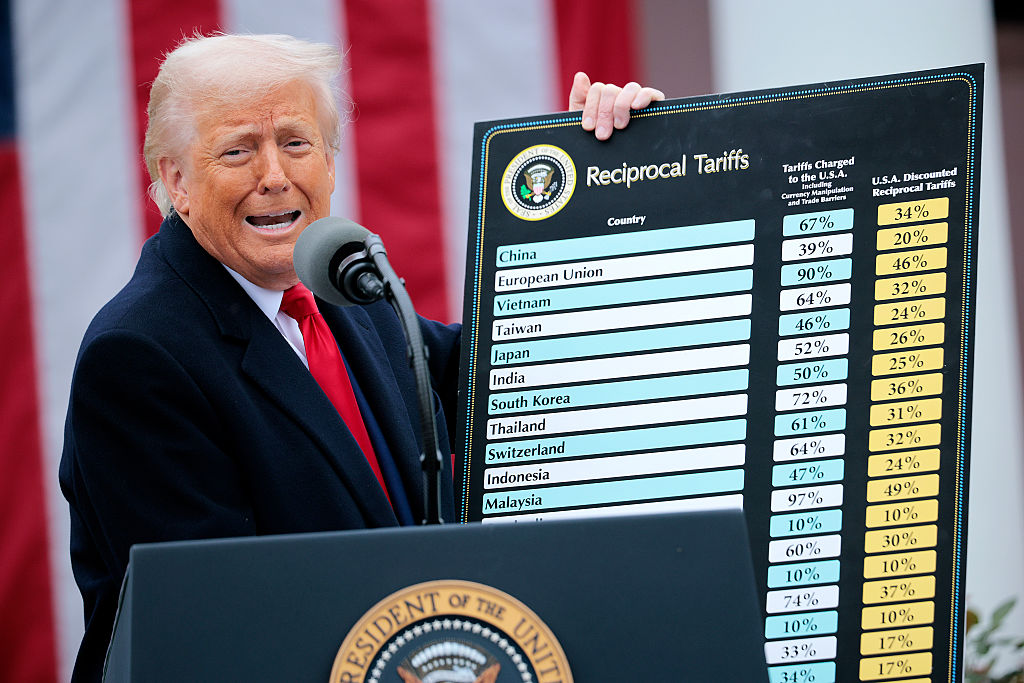
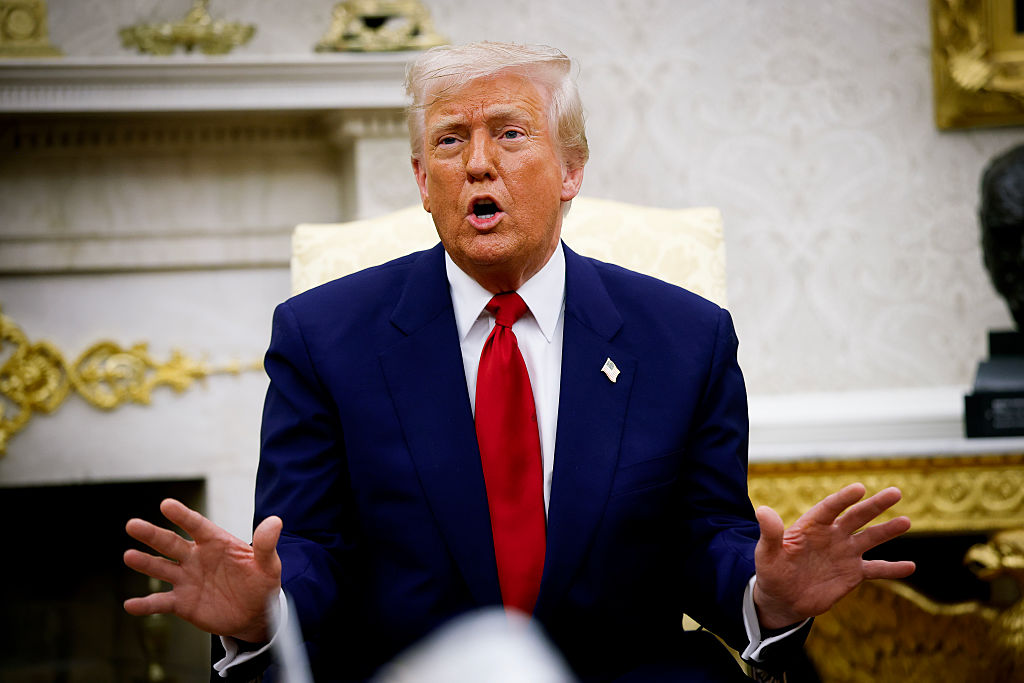
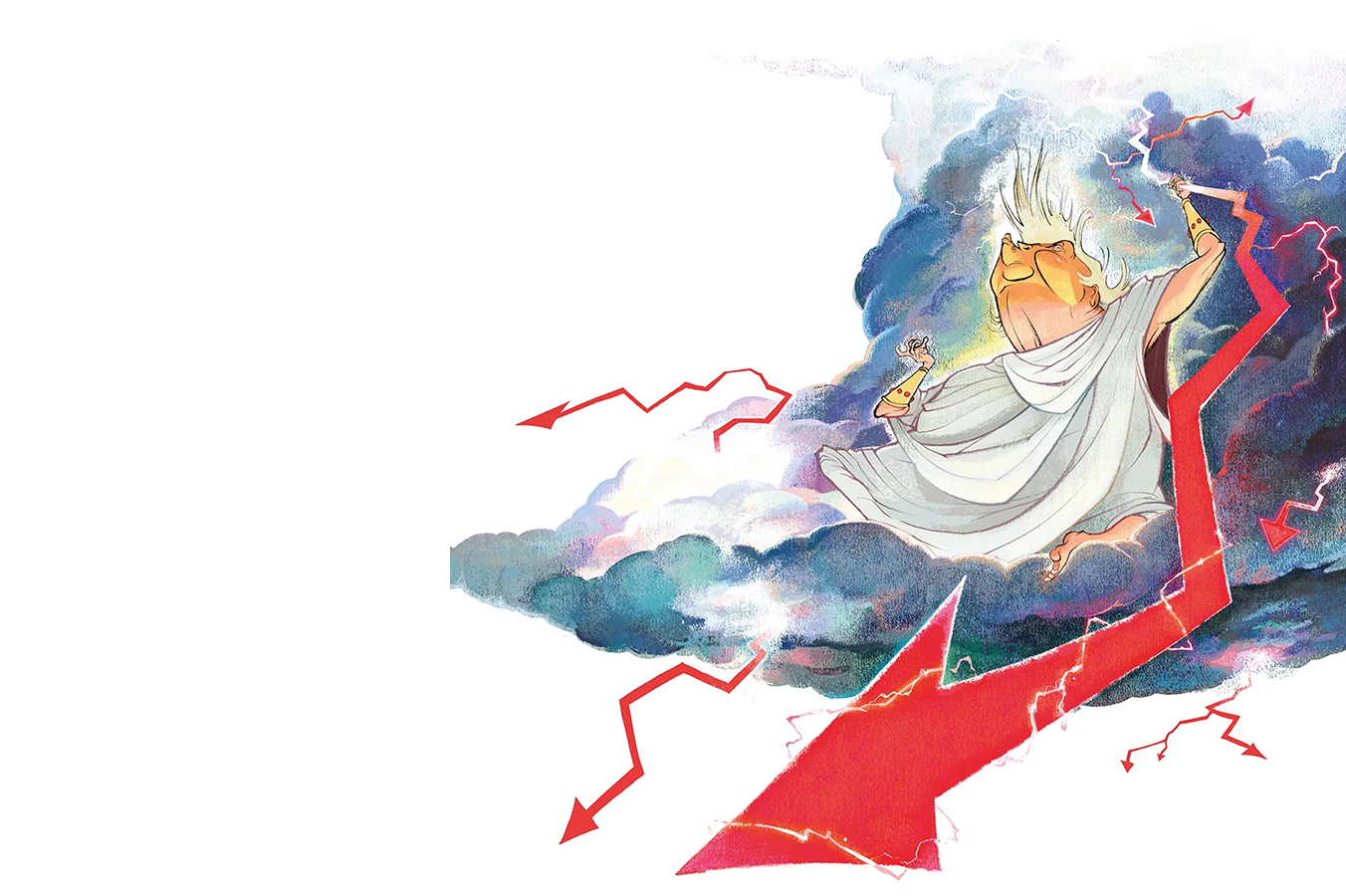









Leave a Reply